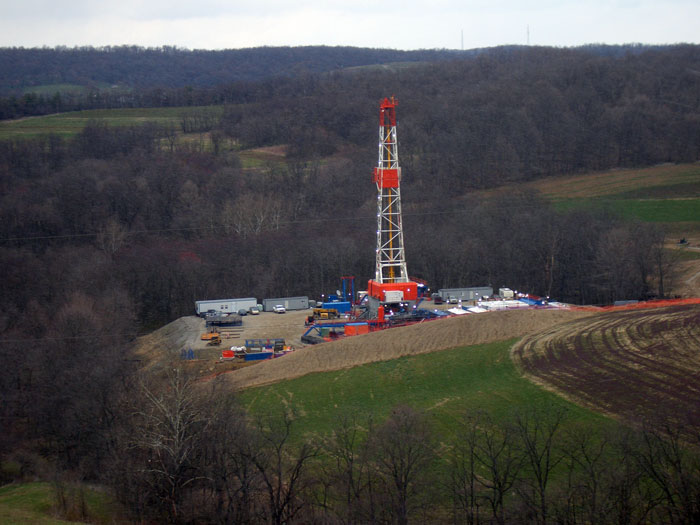3 item(s) were returned.
Visiting Fellow
Hudson Institute
This discussion was co-authored by J. Eric Bickel, Assistant Professor, The University of Texas at Austin. Measures to reduce greenhouse gas (GHG) emissions have dominated public discourse about responses to man-made climate change. However, major institutional and political hurdles dim the prospects for controlling emissions. Solar Radiation Management (SRM) appears to promise at least some capacity to offset manmade warming. SRM would seek to manage physical processes that reflect sunlight back into space. For example, researchers have envisioned adding to the layer of aerosols already present in the lower stratosphere. All else remaining equal, global mean temperatures would fall even… [more]
View InsightA new report from RFF points out that despite the absence of cap-and-trade legislation, the United States is on course to reach the same emissions reduction goal – 17 percent fewer emissions from 2005 levels by 2020 – that would have been mandated under the Waxman–Markey cap-and-trade proposal [H.R. 2454], if it had become law in 2010. The report identified three factors contributing to the emissions reductions projections: Regulations under the Clean Air Act that were set to take effect without cap-and-trade legislation, particularly expected operating performance standards for new and existing stationary sources and vehicle efficiency standards; trends in fuel… [more]
View InsightThe rapid proliferation of natural gas development has led to a variety of environmental concerns, such as air and water pollution, increased geological activity, and greenhouse gas emissions. A new paper from John Bistline, a doctoral candidate in Management Science and Engineering at Stanford University, investigates how “uncertainties in future natural gas prices, upstream methane emissions, the global-warming potential of methane, and the stringency of federal climate policy will influence optimal (GHG) abatement efforts” and the “future deployment of energy technologies.” Generating capacity decisions are made along long and largely uncertain planning horizons, and plants often come online into very… [more]
View Insight

